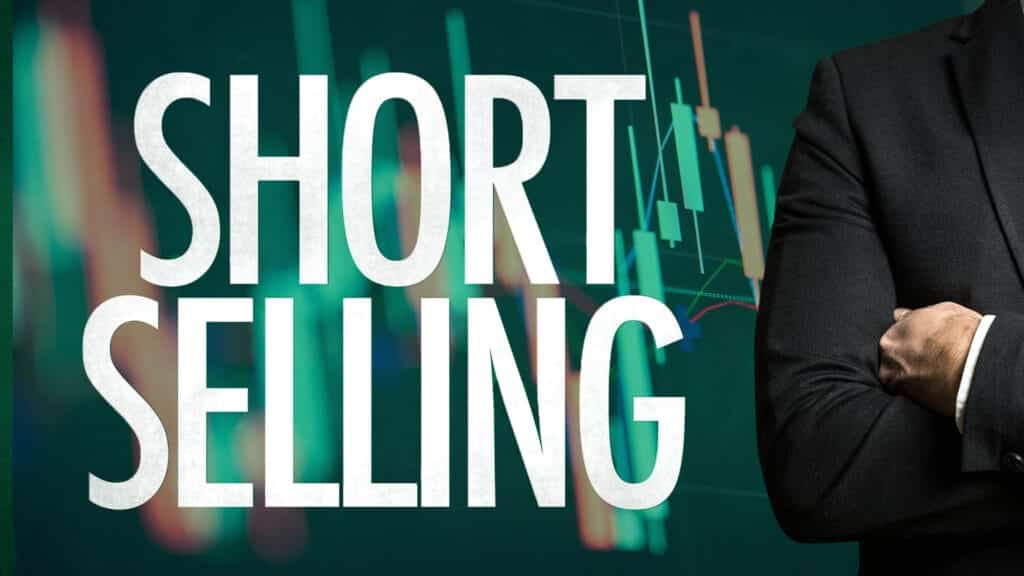
Hedge funds that bet on short positions have lost more than $43 billion due to a market rally on the U.S. stock market in less than a week. Short sellers who shorted against companies with growing borrowing costs over at least the past twelve months have been severely hit by a rebound in low-quality stocks.
Details
Over the period from Tuesday to Friday last week, investment funds lost $43.2 billion on their short positions in the U.S. and Europe, according to Financial Times (FT), citing a report by S3 Partners, an analytical company. As S3 noted, short positions against high-tech, medical and consumer stocks were especially unsuccessful for hedge funds. For instance, when Carnival Cruise Line reported a 14% increase in its share price, short sellers lost $240 million.
Indexes tracking actively shorted stocks have sharply rebounded from recent lows as the investors’ mood rapidly improved. Goldman Sachs’ Very Important Short Position index, which tracks the 50 constituents of the S&P 500 with the highest total dollar value of short interest outstanding, is on track for its best month since October last year, according to FT.
Analysts surveyed by the media outlet said that the rebound in low-quality stocks triggered a short squeeze in which some hedge funds rushed to repurchase stocks to cover their negative bets and save at least some of their capital, which helped push share prices even higher.
«It’s been a very tricky market this year but this short squeeze is really killing year-end performance for a lot of funds. No one was able to monetize the rally in garbage stocks,» said Emmanuel Cau, head of European equity strategy at Barclays.
According to Bloomberg, data of which FT was citing, Barclays’ most shorted stocks in Europe basket has risen by 9.9% over the past three weeks, which could lead the company to its biggest monthly gain in the past 10 years.
The context
The market rally that has driven the S&P 500 index to its highest point since July last year is directly related to the reluctance of the U.S. Federal Reserve to continue its most aggressive cycle of increasing the base rate over the past 40 years. At the same time, weaker-than-expected data on inflation in the U.S. released on Tuesday last week gave additional momentum to the stocks. Over the past month, S&P 500 rose by 8.8%, while Nasdaq Composite reported an 11.3% increase.
According to Goldman Sachs, the concentration of hedge funds’ capital in a single industry has reached the maximum over the past 22 years due to the high profitability of leading high-tech stocks. On the one hand, the increasing concentration of capital has put hedge funds at bigger risk. On the other hand, it has helped them gain more profit. Stocks that have been described by Goldman Sachs as the most popular long positions of hedge funds reported a 31% increase in profitability this year compared to a 19% growth of S&P 500.

